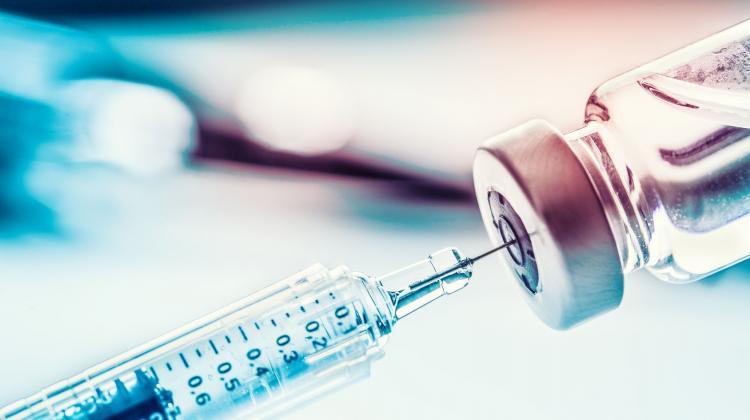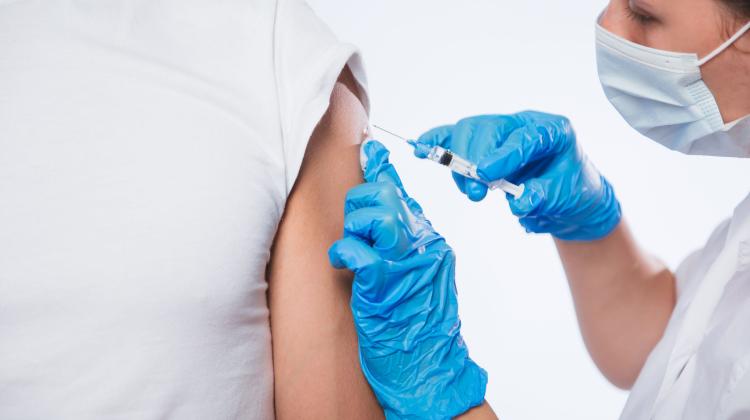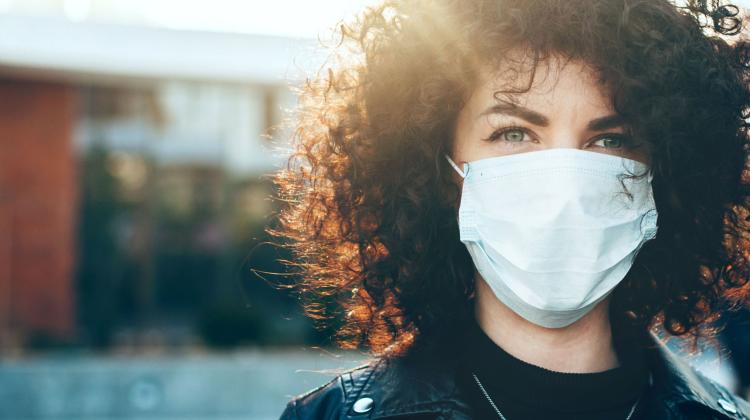If COVID-19 vaccine can be modified every year depends on its variability dynamics, says expert
 Credit: Fotolia
Credit: Fotolia
Although the flu vaccine is modified every year, whether it will also be necessary in the case of coronavirus depends on the dynamics of its mutation and emerging new variants, say experts.
Dr. Piotr Rzymski from the Poznan University of Medical Sciences said: “The influenza virus and SARS-CoV-2 belong to RNA viruses. Comparing their mutation rates 1 to 1, the flu virus generally mutates faster. But SARS-CoV-2 now has more opportunities to mutate.
“Polymerase enzymes are responsible for the multiplication of the genetic material of influenza and coronaviruses. But unlike flu polymers, coronavirus polymerases have a system for correcting errors arising in the replication process. As a result, they are changing at a much slower rate.”
He added: “In order to mutate, coronavirus must enter the cell and multiply in it. Today it has a lot of chances to spread and infect many people. And, of course, people differ in their response to the coronavirus. For example, some people have immunodeficiencies and their bodies may allow the virus to replicate longer. The longer it replicates, the greater the chance of mutations and their accumulation.
“It is thought that for this reason the British variant line that accumulated as many as 17 different mutations could have been the result of SARS-CoV-2 transmission from a chronically infected person with an immunodeficiency. This is because in such people the virus can reproduce, mutate and potentially accumulate changes in the genetic material over an extended period.”
Rzymski added that it cannot be ruled out that children, who often have a mild, sometimes asymptomatic infection, may also be 'good' hosts for the coronavirus. He said: “If mutations appear that are of significant benefit to the virus, they will persist. But remember that most mutations have no significance whatsoever for the virus or for us; they do not affect the effectiveness of vaccines or the clinical course of the infection."
Because the coronavirus still has many chances of infecting more people, it will certainly continue to change.
Rzymski said: “We have not reached a point where new variants will cease to emerge. They will and it will certainly cause a lot of media hype. Look at it differently: it is good that mutations and variants of the coronavirus are monitored by scientists, and information about them is deposited in the appropriate databases. Not only do we track how the virus changes, it becomes possible to conduct various studies almost immediately to check whether individual variants differ in the level of infectivity, pathogenicity, the possibility of causing repeated infections, or their impact on the effectiveness of vaccines. In this respect, we can certainly expect a lot of excitement in the future.”
Asked if the pace of changes of the coronavirus would require constant modification of vaccines - like in the case of the influenza virus, where the vaccine is modified every year - Rzymski said: “Perhaps it will not be the case, but at the moment no one is able to definitely answer this question. Right now, the goal is to mitigate the effects of infection to make it clinically insignificant.
“The fact that flu vaccines are produced every year is due to the fact that flu viruses mutate rapidly. How often we will need to revaccinate against COVID-19 will depend on how the coronavirus variability will develop and how quickly we will achieve a high percentage of vaccinated people. The higher it is, the sooner we bring this virus to a level where it becomes clinically insignificant, it will not cause the need for hospitalisation so often, and then we will be able to function normally with it.”
The key issue, according to Rzymski, is also how long the immunity to COVID-19 is after vaccination and after contracting the disease.
He said: “The data show that it persists longer than initially suggested. After some time, there are of course drops in the level of antibodies, but that does not mean anything. For immunity, not only the level of serum antibodies is important, but also a number of cellular elements that have a more important role. In addition, thanks to immunological memory, antibodies can be re-produced very quickly, as soon as the need arises.
“So. if today we try to limit the coronavirus from spreading in every possible way, so that it has the least chance of replication, there is a chance that we will be able to limit its changes. Vaccinations and all sanitary recommendations can help ensure that the virus does not change too quickly, and that it does not change someday in a direction that will significantly threaten the effectiveness of vaccines.”
(PAP)
author: Anna Jowsa
ajw/ par/ kap/
tr. RL
Przed dodaniem komentarza prosimy o zapoznanie z Regulaminem forum serwisu Nauka w Polsce.


















